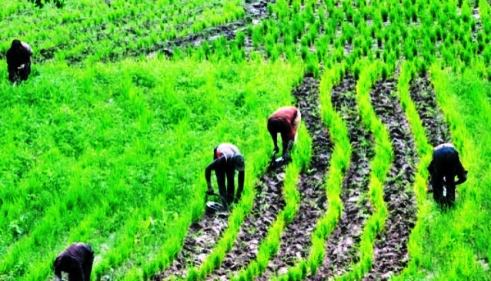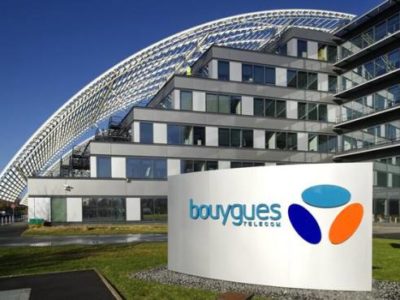AfDB, WFP, and IFPRI Launch Strategic Roadmap at Nigerian Economic Summit
The African Development Bank (AfDB), in partnership with the United Nations World Food Programme (WFP) and the International Food Policy Research Institute (IFPRI), has launched a new report advocating for innovative, data-driven, and coordinated investments to strengthen food security and unlock agricultural potential in northern Nigeria.
RELATED: NAVSA: Creating a viable smart agriculture for Nigerian farmers
Titled “Investing in Innovative Food Systems Solutions in Challenging Contexts,” the report was unveiled on the sidelines of the 31st Nigerian Economic Summit in Abuja. It outlines an actionable roadmap for revitalizing agricultural value chains in regions impacted by conflict and fragility.
Revitalizing Northern Nigeria’s Agricultural Economy
The report emphasizes that rebuilding northern Nigeria’s breadbasket will require long-term, inclusive agricultural transformation. This involves shifting away from emergency aid toward market-led approaches. It also emphasized a shift towards climate-smart agriculture, and public–private partnerships that can build enduring resilience.
Key recommendations include:
- Strengthening local storage and logistics infrastructure
- Mobilizing private-sector capital to revamp value chains
- Supporting smallholder farmers through investment in strategic crops
- Leveraging data and evidence to inform policy and spending
Insights from Stakeholders: A Call for Systemic Change
During the high-level launch panel, key Nigerian leaders, traditional rulers, development experts, and donors underscored the urgency of transforming food systems through a coordinated and strategic lens.
Senator Abubakar Kyari, Minister of Agriculture and Food Security, noted:
“We are working to ensure that at least 80 percent of silos are sited in small farming communities, closer to the production hubs.”
Muhammadu Sanusi II, Emir of Kano, added:
“The key to fighting poverty in northern Nigeria lies in fixing agricultural value chains and attracting consistent private investment.”
Dr. Abdul Kamara, AfDB Nigeria Director General, stated:
“Reviving agriculture is essential for food sovereignty and shared prosperity. Resilient value chains will create jobs, empower women and youth, and lay a foundation for long-term stability.”
Strategic Focus: Eight Key Crops Identified
The report identifies eight strategic crops as high-impact entry points for agricultural recovery. They are sorghum, millet, maize, wheat, cowpeas, soybeans, groundnuts, and tomatoes. These crops are vital for both local consumption and regional trade.
By mapping production clusters, trade corridors, and supply chain costs, the study provides an evidence-based framework for governments, donors, and investors to drive inclusive growth in some of Nigeria’s most fragile regions.
A $900 Million Investment Portfolio Driving Agricultural Transformation
AfDB’s current agricultural portfolio in Nigeria is valued at nearly $900 million, supporting flagship programs such as:
- Special Agro-Industrial Processing Zones (SAPZ)
- National Agriculture Growth Scheme (NAGS)
These initiatives promote value addition, increased productivity, and improved market access across Nigeria’s agricultural value chain.
A Shift Toward Sustainable, Market-Led Solutions
The report calls for a paradigm shift in the way food systems are supported in northern Nigeria—from short-term humanitarian aid to sustainable, private-sector-driven development.
David Stevenson, WFP Nigeria Country Director, explained:
“Rebuilding northern Nigeria’s food systems requires bold, forward-looking investments rooted in peace and resilience, not just emergency responses.”
Dr. Steven Were Omamo, IFPRI Executive Director, emphasized:
“Smart policy starts with smart data. Evidence-based planning ensures we are building food systems that last—especially in fragile settings.”
A Framework for Action: Toward a Resilient Agricultural Future
The AfDB, WFP, and IFPRI are urging national and subnational governments, private investors, and development partners to use the study as a blueprint for sustainable investment in food systems.
By aligning policies, leveraging private capital, and supporting innovation in agriculture, stakeholders can unlock the full potential of northern Nigeria, ensure food security, and foster long-term economic recovery.






























